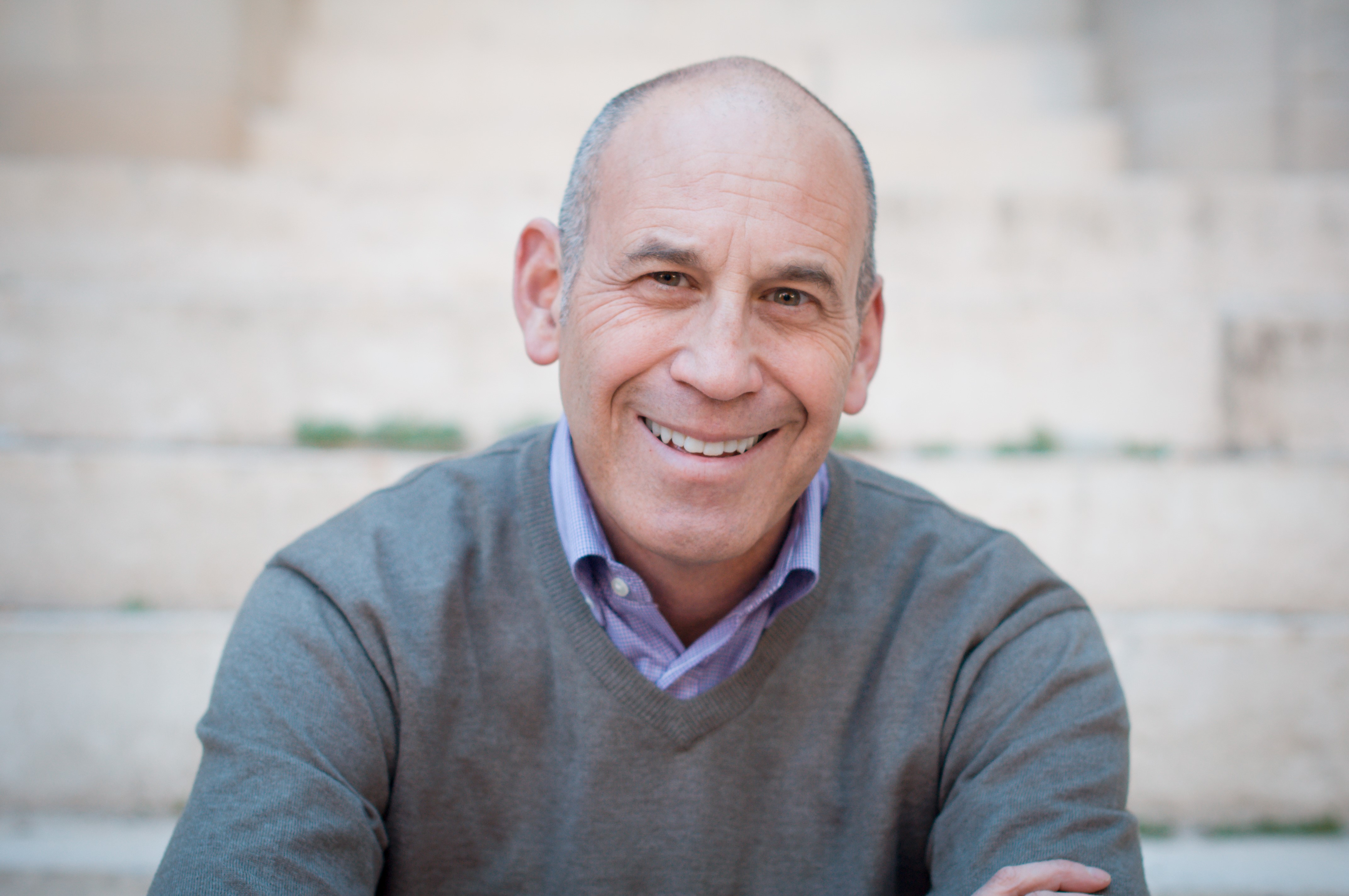This week’s parashah deals with all forms of justice: establishment of courts, rules for bearing witness, laws of military engagement, and treatment of captives. Its most quoted line, particularly in the Reform Movement, is Deut. 16:20 - “Tzedek, Tzedek tirdof” (Justice, Justice shall you pursue).
For 25 years, I was the cantor at Temple Isaiah in Los Angeles, and even though the synagogue was named after the prophet Isaiah, the word “Tzedek” was ubiquitous. Tzedek, Tzedek tirdof crowned the Torah ark in the sanctuary and inspired the Temple’s logo on stationery, business cards, and website.
Our clergy and community practiced what its logo preached: an expansive and embracing commitment to social action and social justice. As a young, newly ordained cantor I prayed with Caesar Chavez while he was on a hunger strike to bring attention to the plight of migrant workers. I served dinners to people without homes and breakfast to people with AIDS. I participated in interfaith services and forums protesting police violence.
Now, living in Jerusalem, I continue my life-long practice of social justice campaigning with my husband, Rabbi Don Goor, as we strive to make Israel a more just and compassionate society.
Justice, justice, shall you pursue.
We joined a demonstration at Jerusalem’s City Hall to protest the murder of Iyad al-Halak on May 20, 2020. Iyad, a 32-year-old man with autism was walking to a day-center with his teacher. As they approached the Lion’s Gate to the Old City, police became suspicious of Iyad and demanded he stop. According to his teacher, Iyad did not understand the police commands and began to run. The teacher’s pleas were ignored and Iyad was shot dead as he attempted to hide.
After his murder, Prime Minister Netanyahu stated, “What happened with Iyad al-Halak is a tragedy. This is a person with a disability, autism, who was suspected – we know it was unjustly – of being a terrorist...I expect a full investigation of this matter.”
Iyad’s family has asked why the video footage of the incident has not been released, although there were at least five video cameras in the vicinity where Iyad was shot. The Israeli Justice Ministry asserted that those cameras were not working at the time. The family has been told that a hearing will take place. They are still waiting.
A year after the murder, no charges have been brought against the police officer who shot Iyad. Although numerous politicians and community leaders asked for a speedy and fair investigation, this has not taken place.
Justice, justice, shall you pursue.
We learn from Midrash D'varim Rabbah that the pursuit of justice was more important than Temple sacrifices or worship. The rabbis reasoned that sacrifices could only function inside the Temple, but we must pursue what is right and just both inside and outside the Temple. Also, whereas sacrifices could only atone for unintentional, accidental sins, acts of righteousness and justice atone even for intentional sins. Also, whereas sacrifices are offered by humans, even God is obligated to practice justice and righteousness. And whereas sacrifices are significant only in this world, righteousness and justice will remain a cornerstone in the world to come (Deuteronomy Rabbah 5:3).
Let there be no doubt, the pursuit of justice is essential to living a Jewish life.
I pray for justice for Iyad al-Halak and his family, and I pray that I might live to see a day when the words of this week’s parashah are a reality and justice is truly pursued. But deep in my heart and soul, I know that soon I will stand with thousands of others again protesting for justice Iyad and assuredly for others.
I recently attended a memorial service commemorating the year anniversary of Iyad’s senseless murder. In a trembling but defiant voice, his mother said: “We were not mother and son, he was my heart…And now all I hope for is justice.”
With the words of a grieving mother echoing in my soul, I hope the light of Torah shines through and as the Psalmist imagined, we will someday walk through the gates of righteousness—and the gates of Jerusalem’s Old City -- without fear.
Explore Jewish Life and Get Inspired
Subscribe for Emails

